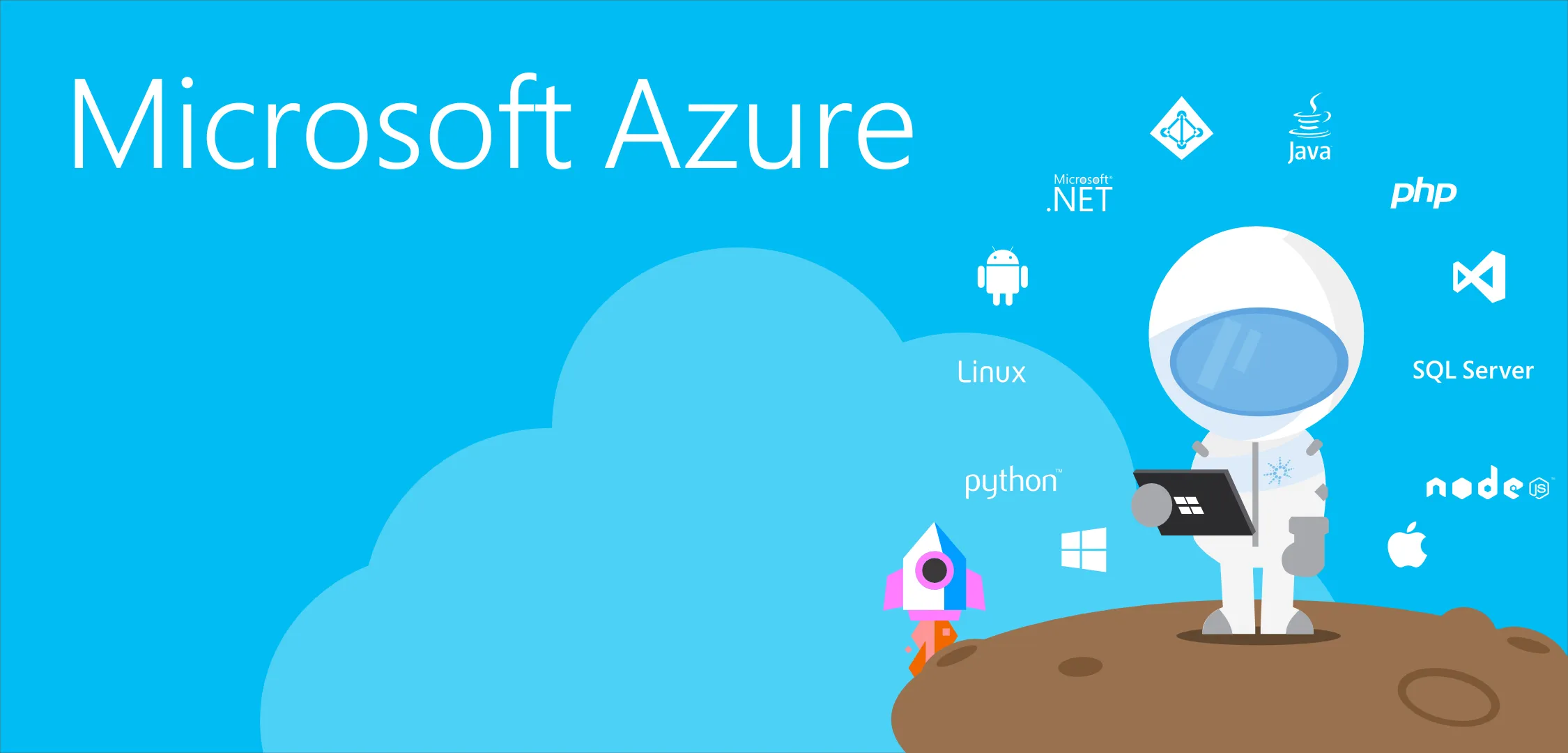
Azure Fundamentals 
Learn the basics of Azure Fundamentals ▼
ADVERTISEMENT
Course Feature
![]() Cost:
Cost:
Free Trial
![]() Provider:
Provider:
QuickStart
![]() Certificate:
Certificate:
No Information
![]() Language:
Language:
English
![]() Start Date:
Start Date:
Self Paced
Course Overview
❗The content presented here is sourced directly from QuickStart platform. For comprehensive course details, including enrollment information, simply click on the 'Go to class' link on our website.
Updated in [May 19th, 2023]
Azure Fundamentals is an introductory course designed to provide an overview of Microsoft Azure. It is designed to help learners understand the basics of Azure and how it can be used to create, deploy, and manage applications and services.
The course will cover an introduction to Microsoft Azure, where learners will find out about what Azure is and how it is structured as a service, and how it is run to ensure it is highly available, highly scalable, and highly secure cloud platform. Learners will also learn about the different components of Azure, such as virtual machines, storage, networking, and security.
The course will also cover the different services available in Azure, such as web apps, mobile apps, and databases. Learners will learn how to create and deploy applications and services in Azure, and how to manage them. They will also learn about the different pricing models available in Azure, and how to optimize costs.
Finally, learners will learn about the different tools available in Azure, such as the Azure Portal, Azure CLI, and Azure PowerShell. They will also learn about the different services available in Azure, such as Azure Active Directory, Azure Monitor, and Azure Automation.
At the end of the course, learners will have a good understanding of the basics of Azure and how to use it to create, deploy, and manage applications and services. They will also have a good understanding of the different components of Azure, the different services available in Azure, and the different tools available in Azure.
[Applications]
The application of this course can be seen in the development of cloud-based applications and services. After completing this course, learners will have a better understanding of the fundamentals of Azure and how to use it to create and manage cloud-based applications and services. They will also be able to identify the different components of Azure and how they can be used to create and manage cloud-based applications and services. Additionally, learners will be able to identify the different pricing models and services available in Azure and how to use them to create and manage cloud-based applications and services.
[Career Paths]
1. Cloud Solutions Architect: Cloud Solutions Architects are responsible for designing, developing, and deploying cloud-based solutions. They must have a deep understanding of cloud computing technologies, such as Microsoft Azure, and be able to develop and implement strategies for cloud-based solutions. As cloud computing continues to grow in popularity, the demand for Cloud Solutions Architects is expected to increase.
2. Azure Developer: Azure Developers are responsible for developing applications and services on the Microsoft Azure platform. They must have a deep understanding of the Azure platform and be able to develop and deploy applications and services that are secure, reliable, and scalable. As the demand for cloud-based solutions continues to grow, the demand for Azure Developers is expected to increase.
3. Azure Administrator: Azure Administrators are responsible for managing and maintaining the Microsoft Azure platform. They must have a deep understanding of the Azure platform and be able to configure, deploy, and manage Azure services. As the demand for cloud-based solutions continues to grow, the demand for Azure Administrators is expected to increase.
4. Cloud Security Engineer: Cloud Security Engineers are responsible for ensuring the security of cloud-based solutions. They must have a deep understanding of cloud security technologies and be able to develop and implement strategies for securing cloud-based solutions. As cloud computing continues to grow in popularity, the demand for Cloud Security Engineers is expected to increase.
[Education Paths]
1. Bachelor of Science in Computer Science: This degree program provides students with a comprehensive understanding of computer science principles and technologies, including programming, software engineering, computer networks, and database systems. Students will also learn about the latest trends in cloud computing, artificial intelligence, and machine learning. This degree program is ideal for those looking to pursue a career in software engineering, computer science, or cloud computing.
2. Master of Science in Cloud Computing: This degree program provides students with an in-depth understanding of cloud computing technologies and architectures. Students will learn about the fundamentals of cloud computing, such as virtualization, storage, networking, and security. They will also gain an understanding of the latest trends in cloud computing, such as serverless computing, containerization, and DevOps. This degree program is ideal for those looking to pursue a career in cloud computing or software engineering.
3. Master of Science in Artificial Intelligence: This degree program provides students with an in-depth understanding of artificial intelligence and machine learning technologies. Students will learn about the fundamentals of AI, such as natural language processing, computer vision, and robotics. They will also gain an understanding of the latest trends in AI, such as deep learning, reinforcement learning, and generative models. This degree program is ideal for those looking to pursue a career in AI or machine learning.
4. Master of Science in Cybersecurity: This degree program provides students with an in-depth understanding of cybersecurity principles and technologies. Students will learn about the fundamentals of cybersecurity, such as cryptography, network security, and malware analysis. They will also gain an understanding of the latest trends in cybersecurity, such as cloud security, IoT security, and blockchain security. This degree program is ideal for those looking to pursue a career in cybersecurity or information security.
Course Provider

Provider QuickStart's Stats at AZClass
Discussion and Reviews
0.0 (Based on 0 reviews)
Explore Similar Online Courses

Environmental Challenges: Justice in Natural Resource Management - Online Course

Crochet Pattern Design: Find Your Signature Style

Python for Informatics: Exploring Information

Social Network Analysis

Introduction to Systematic Review and Meta-Analysis

The Analytics Edge

DCO042 - Python For Informatics

Causal Diagrams: Draw Your Assumptions Before Your Conclusions

Whole genome sequencing of bacterial genomes - tools and applications

Microsoft Azure Online Data Engineering Training

Cloud Developer using Microsoft Azure

Microsoft Azure Certification
 Related Categories
Related Categories
 Popular Providers
Popular Providers
Quiz
 Submitted Sucessfully
Submitted Sucessfully
1. What is Microsoft Azure?
2. What is the main purpose of Microsoft Azure?
3. What is the main benefit of using Microsoft Azure?


Start your review of Azure Fundamentals